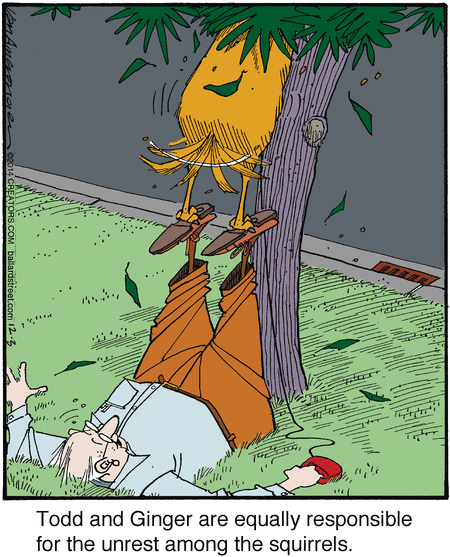December 6, 2014 Saturday’s Smile




December 6, 2014 Saturday’s Smile Read More »
Easton is my grandson, my son’s son.
A few weeks ago on a Sunday afternoon, while sitting in the church building visiting with folks before afternoon worship (after lunch), Easton was struggling to stay awake. I was playing some music on my phone to him.
Easton Cantrell Will Never Be Able To Stay Awake For Afternoon Worship Services Read More »